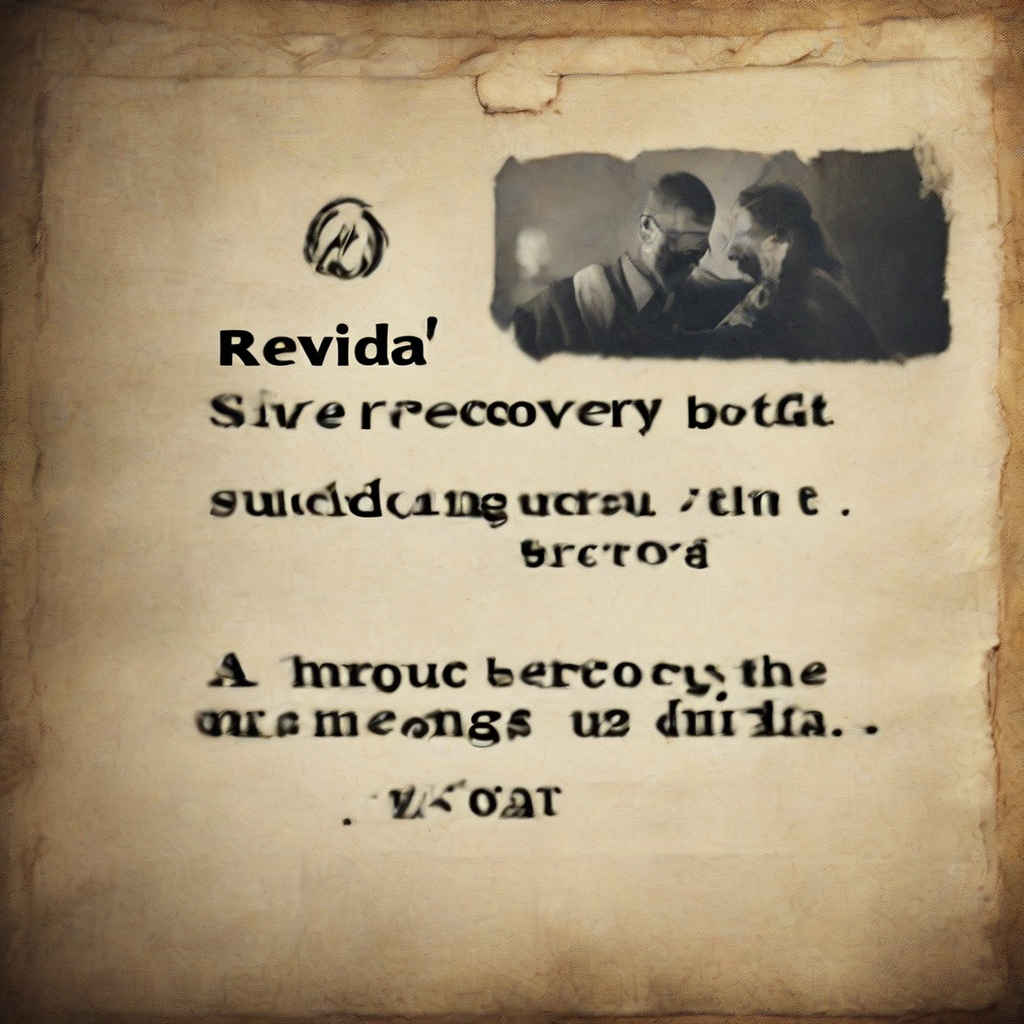ReVida Recovery Abingdon, VA: A Comprehensive Guide to Addiction Treatment and Recovery
ReVida Recovery in Abingdon, Virginia, offers a comprehensive approach to addiction treatment, catering to individuals struggling with various substance use disorders. This detailed guide explores the facility’s services, treatment philosophy, amenities, and overall effectiveness, providing prospective patients and their families with crucial information to make informed decisions.
Understanding ReVida Recovery’s Approach
ReVida Recovery distinguishes itself through its commitment to personalized care and evidence-based treatment modalities. Unlike a one-size-fits-all approach, ReVida tailors treatment plans to meet the unique needs of each individual, considering factors such as the type of addiction, severity, co-occurring disorders, and personal circumstances. This individualized approach enhances the chances of successful long-term recovery.
Key Treatment Modalities Offered at ReVida Recovery Abingdon, VA:
- Medical Detoxification: ReVida provides medically supervised detoxification to safely manage withdrawal symptoms. This crucial first step prepares individuals for subsequent therapy and recovery programs.
- Individual Therapy: One-on-one sessions with licensed therapists allow patients to explore the root causes of their addiction, develop coping mechanisms, and address underlying mental health issues.
- Group Therapy: Group therapy provides a supportive environment where individuals can share their experiences, learn from others, and build a sense of community. This fosters a sense of belonging and reduces feelings of isolation.
- Family Therapy: ReVida understands the impact of addiction on families. Family therapy helps repair relationships and improve communication, fostering a supportive home environment conducive to recovery.
- Cognitive Behavioral Therapy (CBT): CBT helps patients identify and change negative thought patterns and behaviors that contribute to addiction. This empowers them to make healthier choices and avoid relapse.
- Dialectical Behavior Therapy (DBT): DBT is particularly beneficial for individuals with co-occurring mental health disorders, such as borderline personality disorder, helping them manage intense emotions and improve interpersonal relationships.
- 12-Step Facilitation: ReVida incorporates the principles of 12-step programs, providing support and guidance in utilizing this well-established recovery framework.
- Medication-Assisted Treatment (MAT): In appropriate cases, ReVida may utilize medication to manage withdrawal symptoms and cravings, making the recovery process more manageable.
- Relapse Prevention Planning: A crucial aspect of ReVida’s program, relapse prevention planning equips patients with strategies and tools to identify and navigate high-risk situations, enhancing their long-term success.
The ReVida Recovery Abingdon, VA Facility and Amenities
The physical environment plays a significant role in the recovery process. ReVida Recovery Abingdon, VA, strives to provide a comfortable and supportive setting that promotes healing and well-being. The facility’s amenities may include:
- Comfortable and private accommodations
- Access to recreational activities and opportunities for relaxation
- Nutritious and balanced meals
- A serene and supportive atmosphere
- On-site support staff available 24/7
- Opportunities for spiritual growth and reflection (if desired)
The specific amenities offered may vary; it is advisable to contact ReVida Recovery directly for the most up-to-date information.
Addressing Co-Occurring Disorders
ReVida recognizes that addiction often coexists with other mental health conditions. Their integrated treatment approach addresses both addiction and co-occurring disorders simultaneously. This holistic approach is crucial for successful and sustained recovery, as untreated mental health issues can significantly hinder the recovery process.
Common co-occurring disorders addressed at ReVida may include:
- Depression
- Anxiety
- Post-traumatic stress disorder (PTSD)
- Bipolar disorder
- Schizophrenia
- Personality disorders
The treatment team collaborates to develop a comprehensive plan that addresses both the addiction and the co-occurring disorder, ensuring a more complete and effective recovery.
Aftercare and Continued Support
ReVida Recovery understands that recovery is a journey, not a destination. Their commitment extends beyond the completion of the primary treatment program. They provide comprehensive aftercare planning and continued support to help individuals maintain their sobriety and navigate the challenges of life after treatment. This might include:
- Referral to sober living environments
- Ongoing individual and group therapy
- Support groups (e.g., AA, NA)
- Connection to community resources
- Relapse prevention strategies and follow-up appointments
This continued support is vital in preventing relapse and ensuring long-term success in recovery.
The ReVida Recovery Team
ReVida Recovery employs a team of highly qualified and experienced professionals dedicated to helping individuals achieve lasting recovery. This team typically includes:
- Licensed therapists and counselors
- Medical doctors and nurses
- Psychiatrists (if needed)
- Case managers
- Support staff
The collaborative efforts of this multidisciplinary team ensure that each patient receives the appropriate level of care and support tailored to their individual needs.
Admission and Insurance Information
The process of admission to ReVida Recovery involves several steps, typically including an initial assessment to determine the appropriate level of care. It is essential to contact ReVida directly to inquire about insurance coverage and payment options. They can assist in navigating the insurance process and exploring financial assistance programs.
Contacting ReVida Recovery Abingdon, VA
For more information about ReVida Recovery Abingdon, VA, including admissions, insurance, and specific treatment details, it is crucial to contact the facility directly. Their contact information can typically be found on their official website.
This information is for general guidance only and should not be considered a substitute for professional medical advice. Always consult with a healthcare professional for any health concerns or before making any decisions related to your health or treatment.
